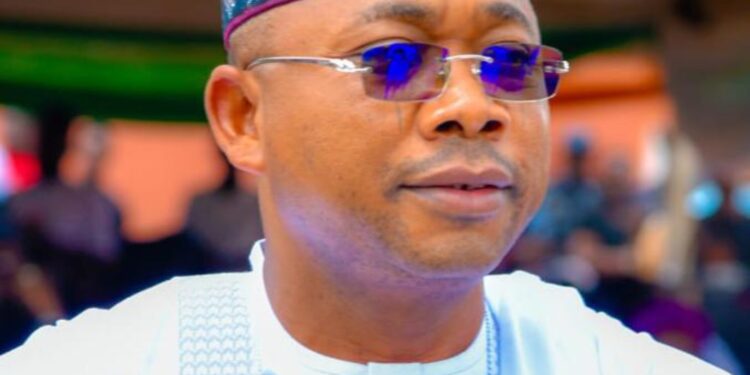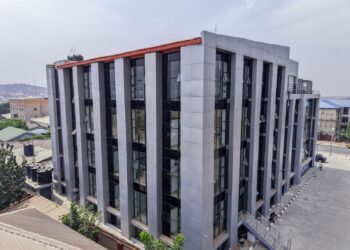Kogi State Governor, Ahmed Usman Ododo, has called for resilience in Nigeria’s pursuit of justice for all citizens as the nation celebrates 25 years of continuous democratic governance.
Ododo through his special adviser on media Ismaila Isah,said “Democracy is more than a date on the calendar; it’s a call to honor the sacrifices made for our freedoms.”
He urged Nigerians to remain resolute in sustaining democratic principles, which ensure the rule of law and empower citizens to demand justice from authorities.
Governor Ododo highlighted the importance of reflecting on the resilience and unwavering spirit of those who have fought to establish democracy in Nigeria.
“We must salute the courage of those who paved the way for our current governance and pledge to uphold their principles,” he stated.
He also stressed that democracy involves continuous effort from all citizens. “Our people must be empowered to lead decent lives, benefiting from our resources and participating in economic activities,” Ododo added.
Supporting President Bola Ahmed Tinubu’s administration, Governor Ododo urged Nigerians to mobilize resources and overcome challenges for a more inclusive and prosperous society.
He called for steadfast commitment to democratic ideals of unity, peace, and development, emphasizing dialogue, tolerance, and mutual respect.
“In Kogi State, we are committed to transparency, accountability, and improving the welfare of our people,” Ododo assured, promising to continue consultations with all stakeholders for inclusive governance.











